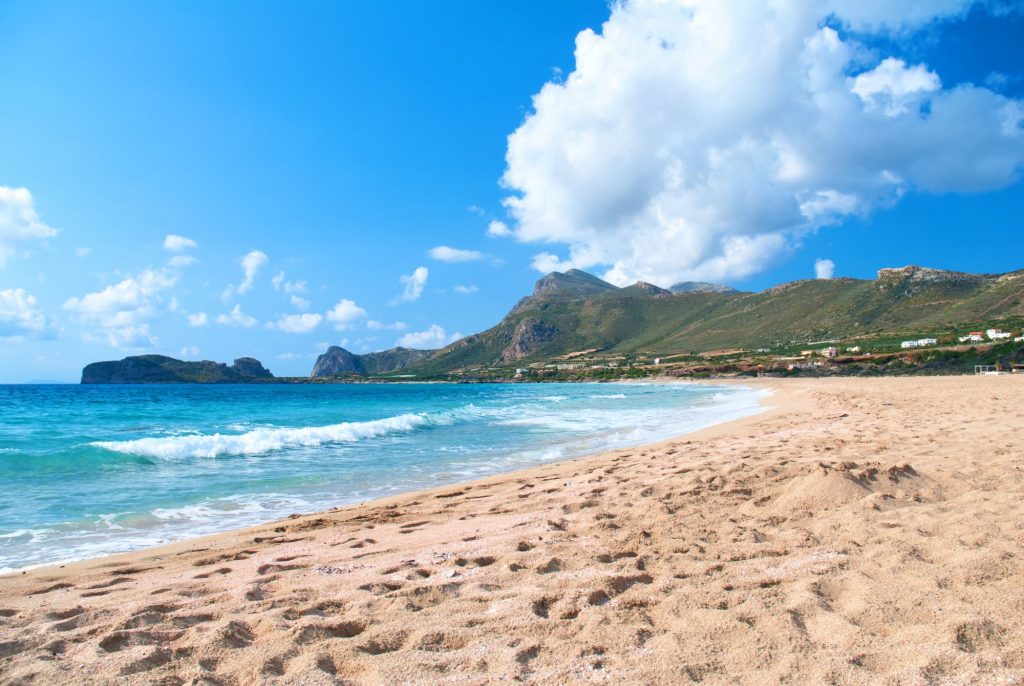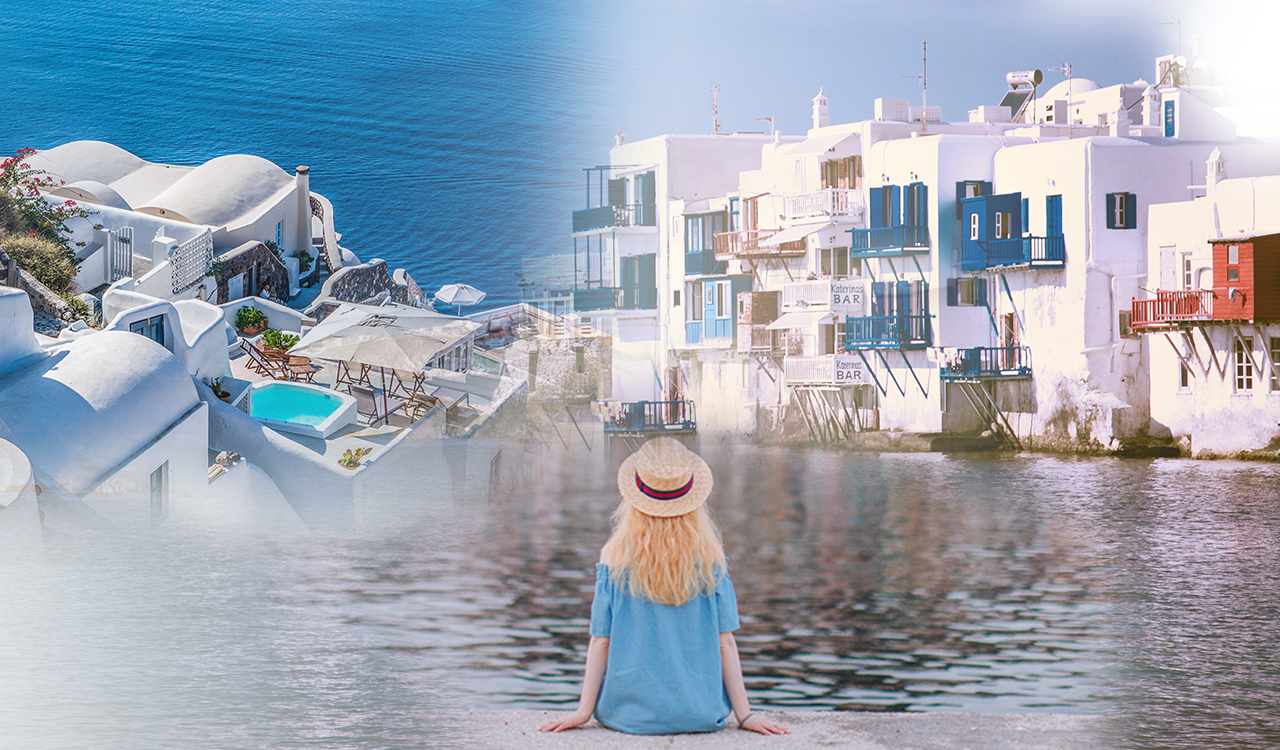Capping short-term rentals like Airbnb and rooms-to-let and imposing a “green” fee on all tourism activities in Greece is among the proposals draft legislation – innocuously called special spatial planning framework for tourism – unveiled on Thursday by the environment and tourism ministries for public debate – a development that’s expected to generated intense scrutiny given the pre-eminent role of the sector in the local economy.
Public debate and discourse over the proposed legislation will continue until Sept. 15.
According to a joint ministerial decision and what’s being billed as a “strategic environmental study”, the east Mediterranean country – which is about the size of Louisiana – is divided into five categories based on environmental impact, with new development guidelines for each category.
Eighteen areas, now classified as “control areas” and placed in the “red” zone, are identified as “saturated,” marking a first in such categorization. In these zones, new facilities or uses incompatible with tourism will be limited. Another 84 areas are designated as “developed,” facing new restrictions on construction and accommodation quality.
The proposal also includes a Green Fund fee on tourism activities, including Airbnb and rented rooms, to fund renovations and infrastructure. Additionally, it aims to cap the number of Airbnb and short-term rental properties, as well as rented rooms, based on the total number of tourist beds.
Efforts are also underway to link tourism business subsidies from the NSRF and the EU Recovery Fund to the area and quality classification of the business. Investments in new or expanded units will not be subsidized in “saturated areas.”
In developed areas, only projects involving 4-star or higher accommodations will be supported, while in all other areas, tourism investments of 3 stars or higher can receive subsidies.
Another concept introduced refers to a “sporadic hotel”, with the bill referring to “complex tourist accommodations” that can combine different types of infrastructure within abandoned settlements that predate 1923 or have populations under 2,000 residents, thus eligible for restoration etc.
Additionally, wind farms will be permitted in organized forms of tourism development and can include sections of protected areas.
The proposal also calls for increasing golf courses and increasing conference tourism in developed and developing urban centers.




